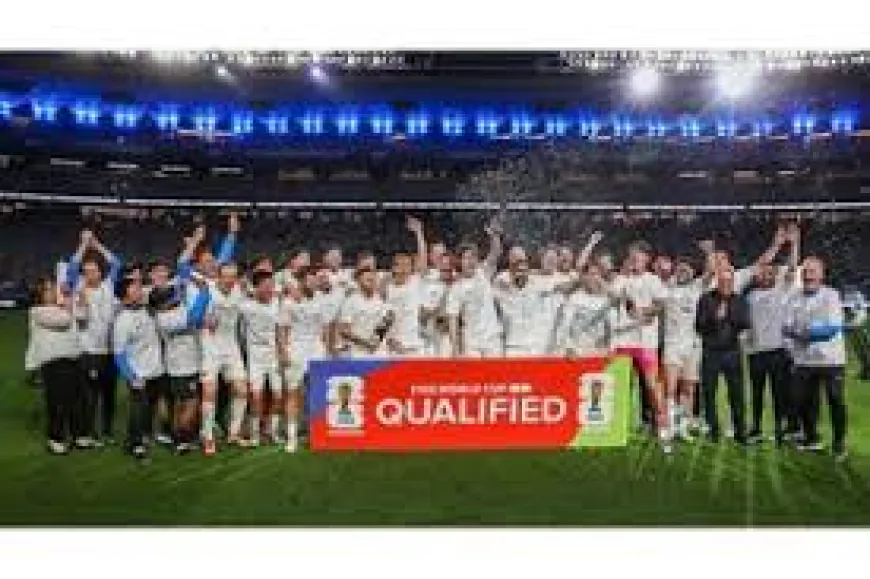Iran’s 2026 World Cup Entry Tests Political Boundaries
Iran secures a 2026 World Cup spot, but political tensions with the US raise questions about travel and participation.

When Football Challenges Politics: Iran Qualifies for 2026 World Cup Amid Diplomatic Tensions
Tuesday, April 1, 2025
Iran has become the sixth nation to officially secure a spot at the 2026 FIFA World Cup, following a dramatic 2-2 draw at home against Uzbekistan last Tuesday. This achievement places Iran alongside Japan and New Zealand, who qualified through standard procedures, and hosts USA, Canada, and Mexico, who qualify automatically.
For Iran, this marks their fourth consecutive appearance and seventh overall at the World Cup—a testament to their regional dominance in qualification stages. However, while their path to the tournament has been consistent, their journey into the heart of the competition could be hindered—not by sport, but by geopolitics.
A Political Minefield
Participation in the 2026 World Cup presents a unique challenge for Iran, primarily due to ongoing political tensions with the United States, one of the tournament's primary hosts. Since the 1979 Islamic Revolution, which saw the fall of the US-backed Shah and the rise of Ayatollah Khomeini’s regime, diplomatic relations between Tehran and Washington have remained deeply strained.
These tensions have only intensified under former President Donald Trump, whose administration adopted a hardline stance against Iran's nuclear ambitions. As part of a broader sanctions strategy, the US government has considered barring Iranian citizens from entering the country, listing Iran among ten high-risk nations alongside Afghanistan, Syria, Cuba, and North Korea.
Such restrictions could severely affect Iran's national team, potentially preventing them from playing group-stage matches in the US. While some matches may be hosted in Canada or Mexico, any progression beyond the group phase—where all subsequent games are scheduled to take place in the US—would necessitate travel into American territory.
This raises critical questions: If Iran advances, will the US issue entry visas to players, coaches, and fans? Or will politics overshadow the universality of the sport?
Football vs Politics: A Historical Clash
The 2026 tournament is shaping up to be a litmus test for the age-old tension between international sports and global politics. It's not just Iran facing complications; even the co-hosting nations are grappling with internal discord. The US’s relationships with neighbors Canada and Mexico have become increasingly fraught, fueled by trade disputes and nationalist rhetoric.
Under Trump's leadership, the US imposed stiff tariffs on imports from both countries and even suggested incorporating Canada into the US, provoking sharp diplomatic rebuke. Despite these challenges, the three nations must now unite in hosting one of the world's most significant sporting events—requiring not only logistical cooperation but also diplomatic tolerance.
The Power of Football
History has shown that football possesses a unique power to transcend political divides. It has paused wars, united nations, and brought together enemies on neutral ground. In 2010, it halted civil strife in Ivory Coast; in 1996, it brought temporary peace in Liberia; and in 1969, it interrupted the Biafra conflict in Nigeria.
Now, the 2026 World Cup offers another moment where sport might override politics. If Iran reaches the knockout stages, the US will face a defining decision: uphold political sanctions or honor the global spirit of football by welcoming a nation it politically opposes.
If the latter prevails, it will be yet another chapter in the story of how the beautiful game can outshine even the most entrenched geopolitical hostilities.
What's Your Reaction?


































